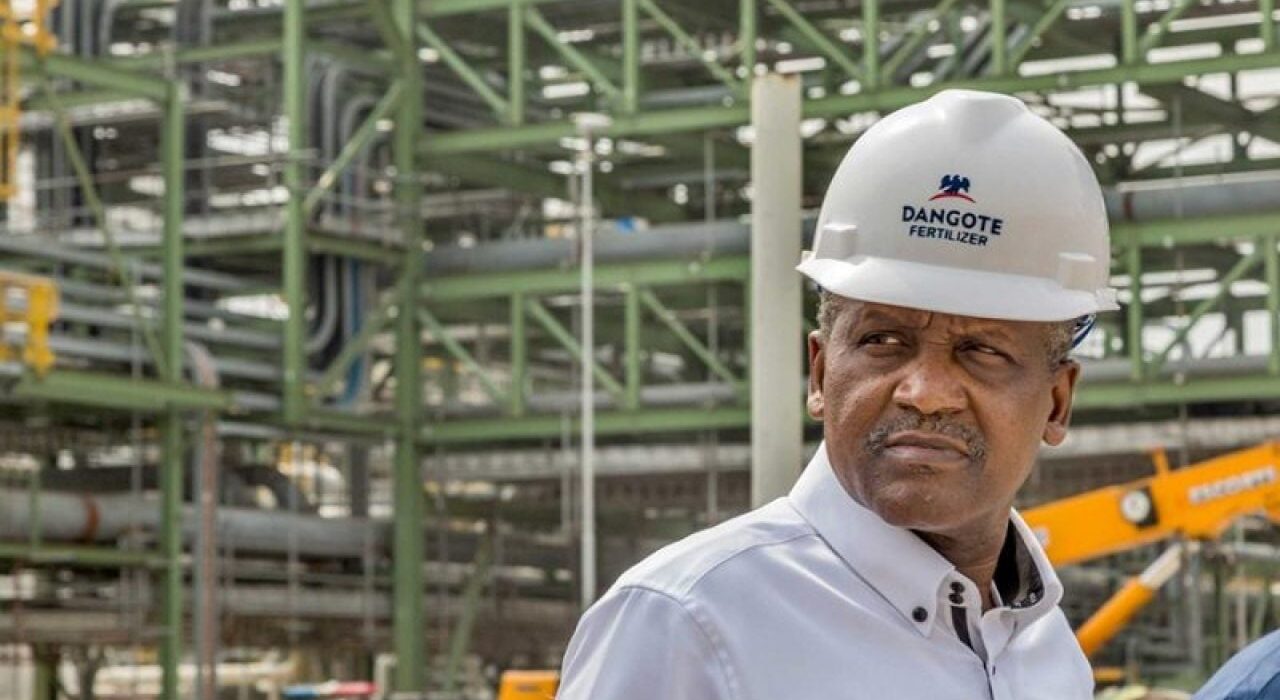Dangote Refinery Challenges U.S. Fuel Dominance, Reshapes Global Oil Trade

Africa’s largest refinery, the Dangote Petroleum Refinery, is rapidly changing the balance of global fuel trade and drawing attention from Washington to Riyadh.
The $20 billion complex in Lagos, with a refining capacity of 650,000 barrels per day, has begun altering long-standing energy supply routes that traditionally favoured Western economies.
For decades, Africa exported crude oil and imported refined petroleum products mainly from the United States and Europe at premium prices.
That cycle is now being disrupted as the Dangote facility ramps up production of petrol, diesel, aviation fuel, and other derivatives, positioning Nigeria as a potential net exporter of refined fuels.
Industry analysts say this shift has trimmed U.S. refined-fuel exports to West Africa, which once averaged over 500,000 barrels per day.
“The emergence of a competitive refining hub in Africa is altering trade dynamics we’ve known for half a century,” said energy economist Peter Nwachukwu. “The U.S. and European refineries will need to redirect their cargoes elsewhere.”
Beyond trade, the refinery could also affect global financial flows. If Nigeria starts selling its refined products in local or alternative currencies such as the naira or yuan, it would mark a subtle but significant challenge to the dominance of the U.S. dollar in energy transactions.
Economist Dr. Ifeoma Adebayo noted that “local currency pricing could strengthen Nigeria’s forex reserves and gradually reduce dependence on the dollar for oil-related payments.”
The refinery’s impact extends beyond economics. By processing most of its crude domestically, Nigeria is reducing reliance on foreign imports and strengthening its strategic autonomy. Analysts believe this development could enhance West Africa’s collective bargaining power in global energy markets.
“The United States is watching closely,” said a senior energy analyst at the Atlantic Council.
“A self-sufficient West Africa means less leverage for Western refiners and traders who have long dominated the downstream supply chain.”
Despite its promise, the refinery still faces operational hurdles, including steady crude supply and infrastructure constraints. Recent reports indicated temporary adjustments in local currency fuel sales due to feedstock shortages.
However, the Dangote Group has announced plans to secure long-term crude contracts and expand storage capacity to stabilise output.
For Nigeria and the wider continent, the refinery represents more than an industrial milestone it is a symbol of a shifting economic order. By keeping more value within Africa’s borders and reducing the export of raw materials, the project signals a move toward greater self-reliance and regional integration.
“Dangote has rewritten the story of African energy,” said Lagos-based oil consultant Tunde Omorogbe. “For the first time, Africa is not just a supplier of crude but a player in the refining game.”









